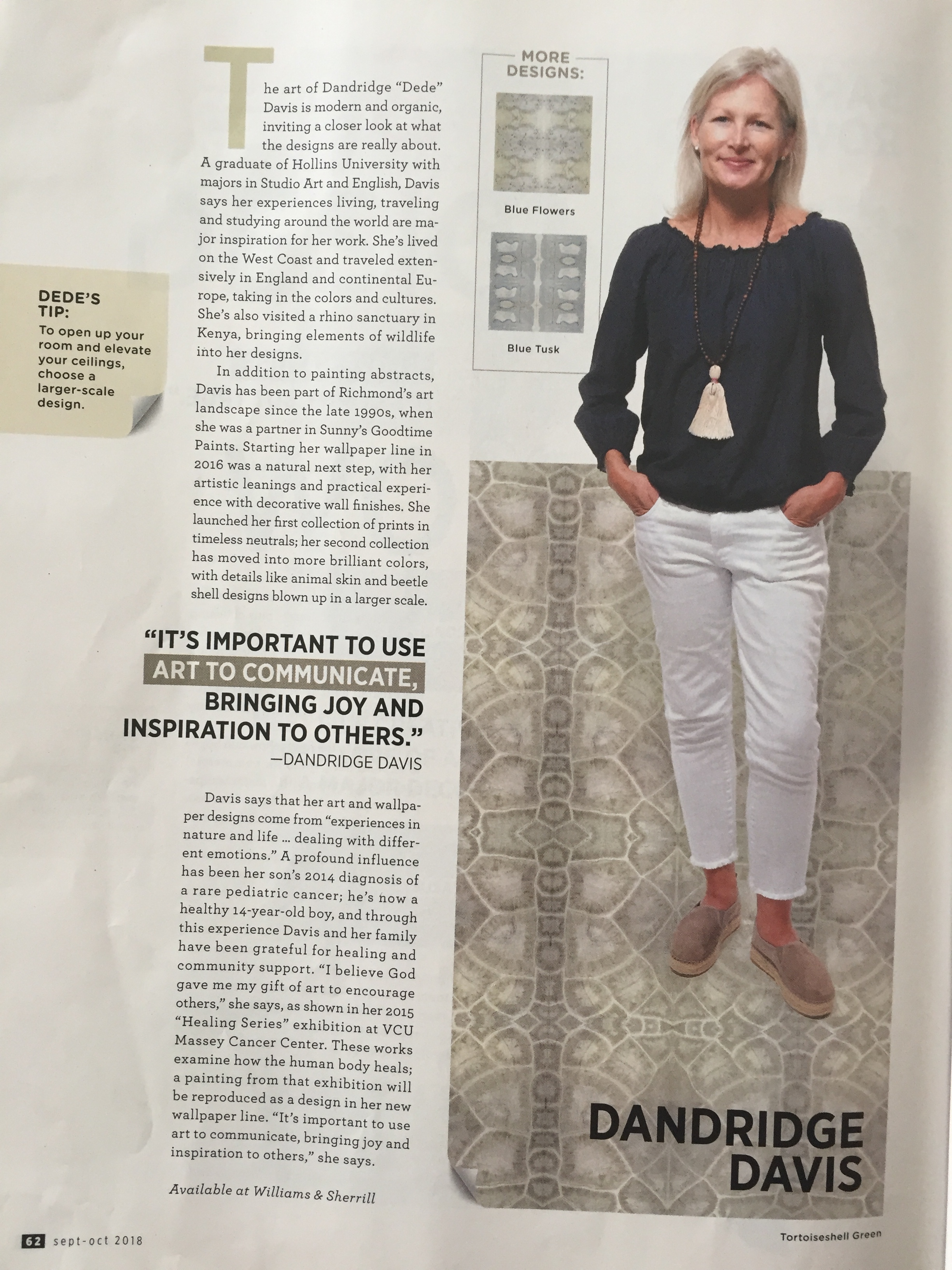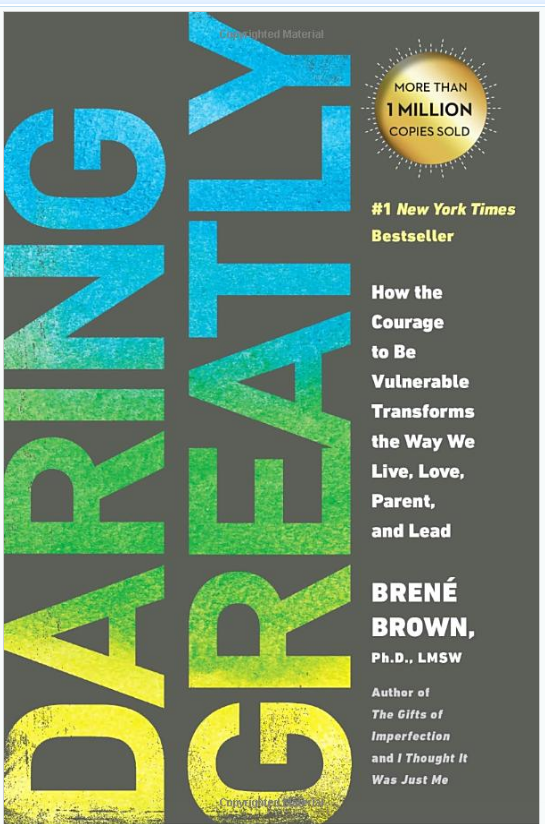In October 2011, I was reading
Robert Motherwell by Dore Ashton, Robert Buck and Flam
These few sentences grabbed me as I could completely relate to them:"The painting are not skills, that can be taught, but a process, whose content is found, subtle and deeply felt; that no true artist ends with the style that he expected to have when he began, anymore than anyone's life unrolls in the particular manner that one expected when young: that it is only by giving oneself completely to the painting medium that one finds oneself and one's own style ... such is the experience of the School of New York."The physical act of the hand moving in a painting is of great importance, it cannot be detached from the meaning of the image itself. The hand moves, feeling is transmitted. A gesture makes feeling intelligible.On p. 12, I like how Motherwell responds when asked, "what does the painting mean?""There are so many levels. So many decisions made through the creation of the painting that it becomes a slice of life ... a 'voyage'."Naming a painting is a primitive, inadequate but deeply rooted way of identifying the ineffably complex nature of reality."An artistic medium is the only thing in human existence that has precisely the same range of sensed feeling as people themselves do -"'The inner world' of the artist was a complicated human affair, and consequently difficult to express. That is why I invented my art. In this sense art is a necessity, a natural out growth of man's life."And it is our pictures, not ourselves, that live the social life and meet the public ... It is interesting that the creations of solitary individuals should turn out to have such a gift of socialibilty!" - Abrams (Wallace Art Gallery)p. 23 "My hand just flies and I do not even have to think; my my hand just does it, as though I am not there."p. 25 "It is more what you unconsciously know then what you think. In fact, I would say that most good painters don't know what they think until they paint it."p. 30 The central problem for all modernists remains:1. How to insure meaning which requires a certain amount of stability2. How to change meanings which requires a certain amount of innovation and disequilibrium.In short: a surprise. How far to go?






